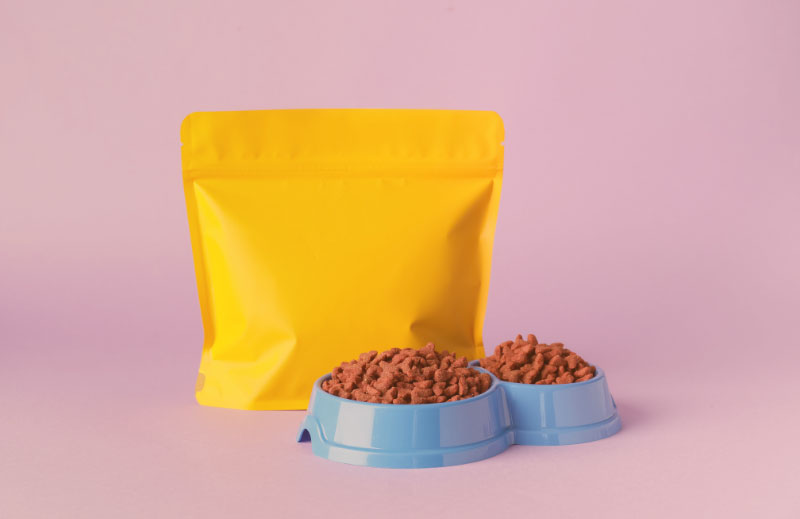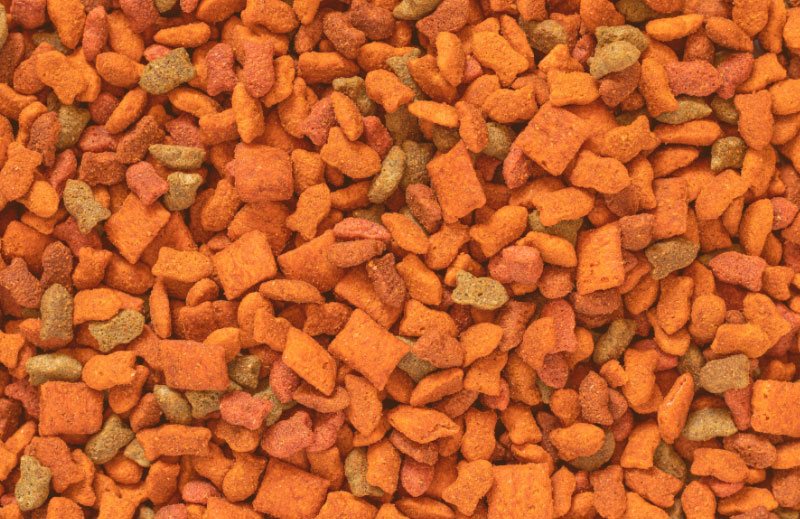Introduction
Nutrition plays a critical role in the overall health and performance of our beloved pets. Just like humans, animals require a well-balanced diet to thrive and reach their full potential. In this blog post, we will explore the profound impact of nutrition on pet health and performance. We will discuss the key elements of a healthy pet diet, the benefits it offers, and practical tips to ensure optimal nutrition for your furry companions. Let's dive into the fascinating world of pet nutrition and discover how it can make a significant difference in their lives.

The Importance of Nutrition for Pet Health
Proper nutrition is essential for several reasons:
- Growth and Development: Balanced nutrition is crucial for young pets, as it supports their growth, development, and the formation of strong bones, muscles, and organs.
- Energy and Vitality: High-quality nutrition provides pets with the energy they need to stay active, maintain a healthy weight, and engage in daily activities.
- Disease Prevention: A nutritious diet strengthens the immune system, reducing the risk of various health issues, such as obesity, diabetes, heart disease, and certain types of cancer.
- Skin and Coat Health: Optimal nutrition contributes to healthy skin, a shiny coat, and minimizes issues like dryness, itching, and dull fur.
- Digestive Health: Proper nutrition supports a healthy digestive system, minimizing gastrointestinal problems and ensuring efficient nutrient absorption.

Key Elements of a Healthy Pet Diet
A healthy pet diet should include the following key elements:
- Balanced Macronutrients: Pets require a balanced mix of proteins, carbohydrates, and fats. Proteins are essential for muscle development, carbohydrates provide energy, and fats support various bodily functions.
- Essential Nutrients: A complete and balanced diet should contain essential nutrients, including vitamins, minerals, and amino acids. These nutrients are necessary for proper growth, metabolism, and overall well-being.
- Quality Ingredients: Choose high-quality ingredients that are easily digestible and provide the necessary nutrients. Look for reputable pet food brands that prioritize quality sourcing and avoid artificial additives or fillers.
- Animal-Specific Diets: Different animals have unique nutritional needs. Cats, for instance, are obligate carnivores and require diets rich in animal-based proteins, while dogs are omnivores and can thrive on a balanced mix of animal and plant-based ingredients.
- Portion Control: Proper portion control is vital to maintain a healthy weight and prevent obesity. Follow feeding guidelines provided by your veterinarian or pet food manufacturer, considering factors such as age, breed, activity level, and any underlying health conditions.

Practical Tips for Optimal Pet Nutrition
To ensure optimal nutrition for your pets, consider the following practical tips:
- Consult with a Veterinarian: Seek guidance from a veterinarian who can assess your pet's individual needs and provide tailored dietary recommendations based on their age, breed, size, activity level, and any specific health concerns.
- Read Labels Carefully: When choosing commercial pet food, read labels to understand the ingredients and nutritional composition. Look for a statement indicating that the food meets the Association of American Feed Control Officials (AAFCO) standards for complete and balanced nutrition.
- Avoid Overfeeding: Follow portion guidelines and avoid overfeeding, as excess weight can lead to various health problems. Treats should be given in moderation and not constitute a significant portion of their daily caloric intake.
- Hydration Matters: Ensure access to clean, fresh water at all times. Hydration is essential for proper digestion, nutrient absorption, and overall well-being.
- Consider Dietary Supplements: In consultation with your veterinarian, consider dietary supplements that may be beneficial for your pet's specific needs. These could include omega-3 fatty acids for coat health, joint supplements for older pets, or probiotics for gut health.
 Conclusion
Conclusion
Nutrition plays a crucial role in the health and performance of our pets. By providing a balanced and nutrient-rich diet, we can support their growth, development, and overall well-being. Optimal nutrition contributes to their energy levels, disease prevention, healthy skin and coat, and a strong immune system. Remember to consult with a veterinarian for personalized dietary recommendations and read labels to ensure quality ingredients. By prioritizing nutrition, we can enhance the lives of our furry companions and help them live long, healthy, and vibrant lives.


